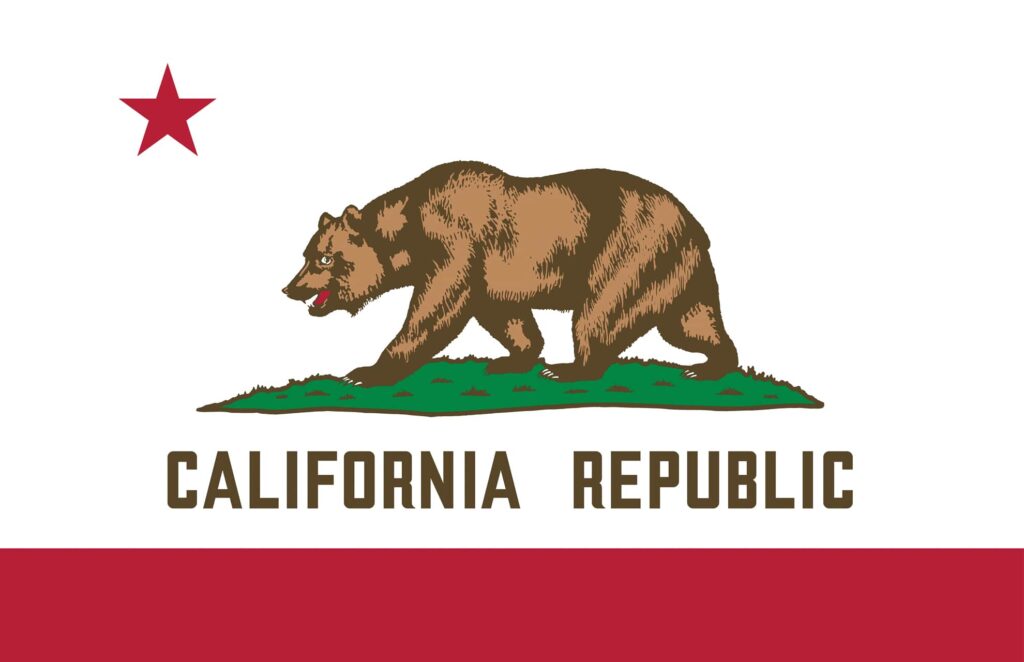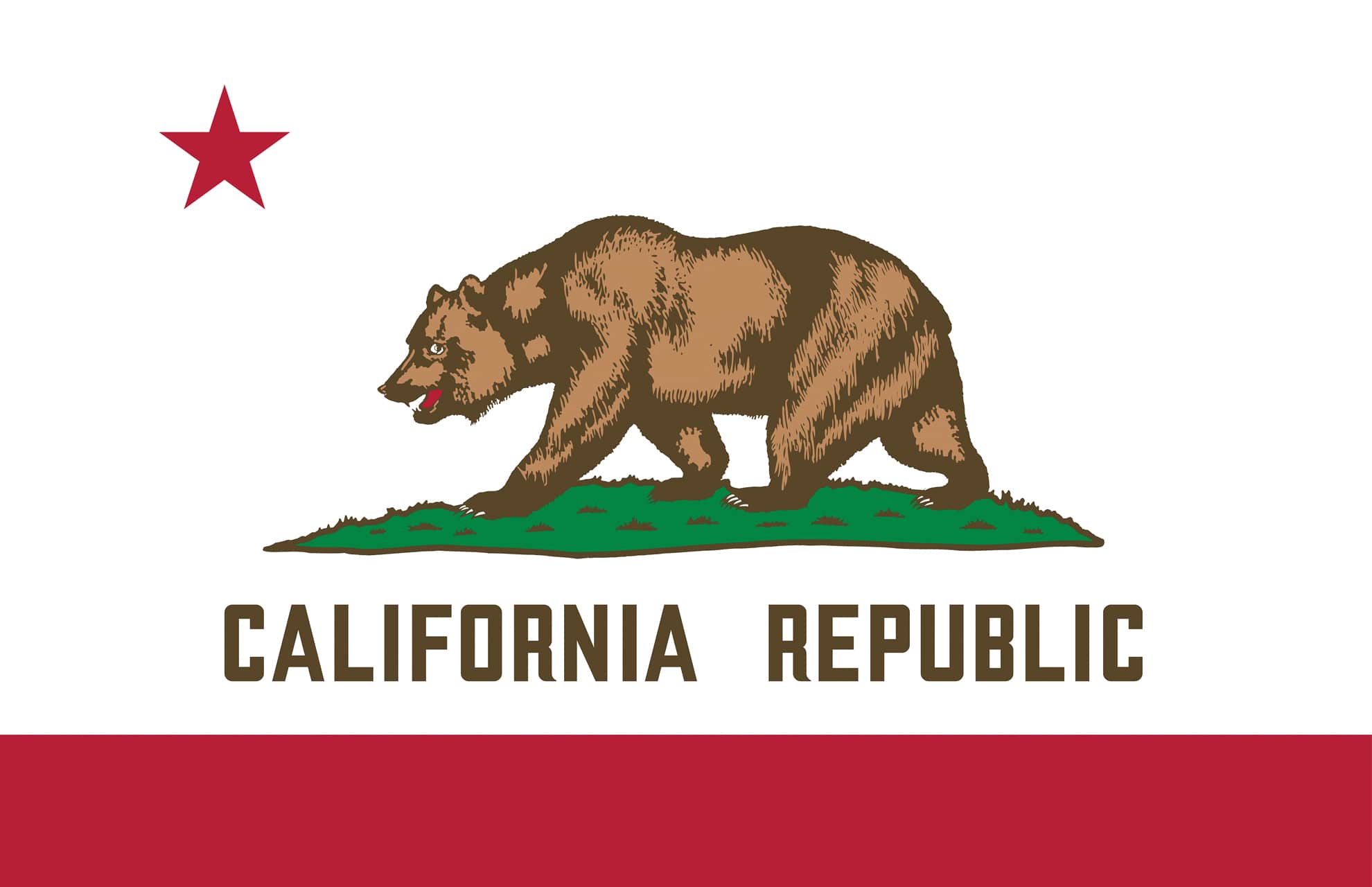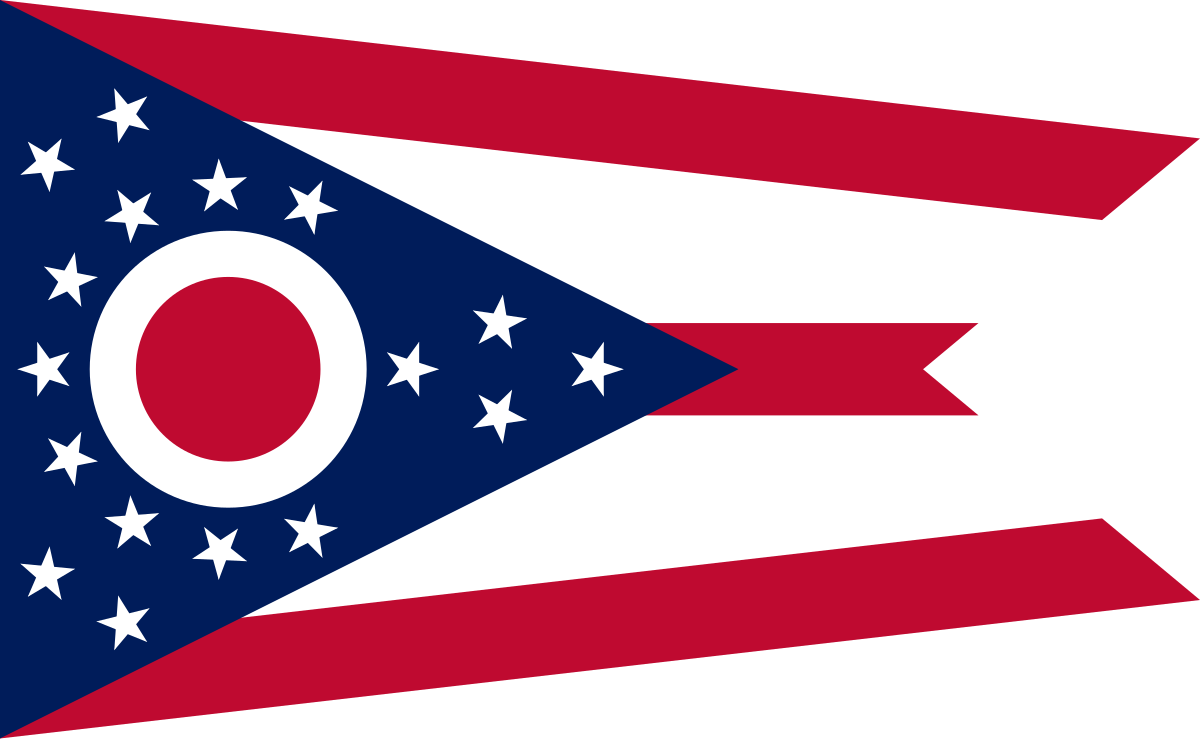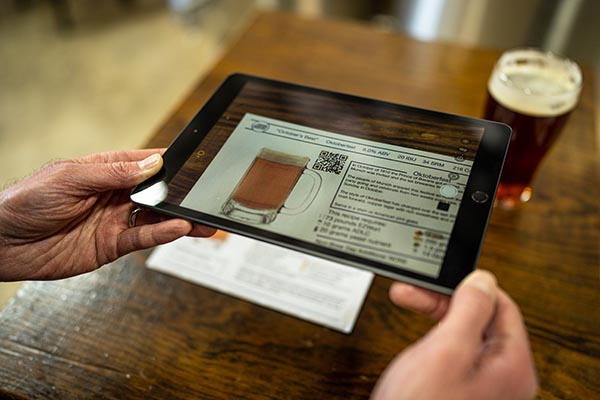Opening a brewery in California offers exciting opportunities, given the state’s vibrant craft beer scene. However, it involves navigating a complex web of federal, state, and local regulations. This guide provides a step-by-step overview to help you establish your brewery successfully.
1. Understand the Market
California boasts a thriving craft beer industry, with cities like San Diego, Los Angeles, and San Francisco serving as hubs for beer enthusiasts. The state’s diverse population and strong tourism sector provide a robust market for new breweries. Understanding local demographics, competition, and consumer preferences in these areas will be crucial for your brewery’s success.
2. Federal Licensing Requirements
Before operating any brewery in the U.S., you must comply with federal regulations:
- Brewer’s Notice: Obtain from the Alcohol and Tobacco Tax and Trade Bureau (TTB). This involves submitting detailed information about your brewery’s operations, equipment, and premises. Processing can take 60–120 days.
- Employer Identification Number (EIN): Acquire from the IRS for tax purposes.
- FDA Registration: Register your facility with the Food and Drug Administration.
3. State Licensing Requirements in California
In California, the Department of Alcoholic Beverage Control (ABC) oversees the issuance of brewery licenses. The Type 75 Brewpub-Restaurant License is particularly advantageous for those looking to operate a brewpub.
Type 75 Brewpub-Restaurant License:
- Privileges:
- Allows the sale of beer, wine, and distilled spirits for consumption on the premises.
- Permits limited on-site beer production (up to 5,000 barrels annually).
- Requires operation as a bona fide eating place with a full-service kitchen.
- Minors are allowed on the premises.
- Requirements:
- Must produce at least 100 barrels of beer annually.
- Brewing equipment must have a minimum seven-barrel capacity.
- Cannot sell beer for off-premises consumption, except to licensed wholesalers.
- Costs:
- Application Fee: $6,000.
- Annual Fee: Ranges from $790 to $1,235, depending on the location’s population.
Application Process:
- Prepare Required Documents:
- Business formation documents (e.g., LLC or corporation papers).
- Lease or property ownership agreements.
- Detailed floor plans.
- Background checks for owners.
- Zoning approvals.
- Submit Application: Complete the ABC application forms and submit them along with the required fees.
- Public Notification: Post a notice at your intended location and possibly in local newspapers to inform the community of your application.
- Inspection and Approval: The ABC will inspect your premises and review your application. Approval times can vary but typically range from 30 to 120 days.
4. Local Permits and Zoning
Local regulations can significantly impact your brewery’s operations:
- Zoning Approval: Ensure your chosen location is zoned appropriately for brewery operations. This may involve public hearings or special permits.
- Health Department Permits: Required if you plan to serve food. Contact your local health department for inspections and approvals.
- Building and Fire Inspections: Coordinate with local authorities to ensure your facility meets all safety codes.
- Business License: Obtain from your city or county government.
5. Build-Out, Timeline, and Budget
Establishing a brewery involves significant investment and time:
- Timeline: From securing a location to opening doors can take 6–12 months.
- Budget: Costs can range from $250,000 to over $1 million, depending on size and scope.
- Considerations:
- Renovation and construction costs.
- Equipment purchase and installation.
- Licensing and permit fees.
- Initial inventory and staffing.
6. Choosing the Right Equipment
Selecting appropriate brewing equipment is crucial for efficiency and product quality. Consider factors like production capacity, automation, and scalability.
7. Why Partnering with EZBrew Matters
Partnering with a reputable equipment provider can streamline your startup process. EZBrew, a U.S.-based company, offers:
- Automated Brewing Systems: Tailored for various scales, from small brewpubs to larger production facilities.
- Comprehensive Support: Including freight shipping, on-site installation, and training.
- Brew Ready Kits: Simplify the brewing process with pre-measured ingredients and recipes.
- Regulatory Assistance: Guidance on compliance with federal and state regulations.
- Community Engagement: Access to a network of brewers for sharing insights and best practices.
Choosing EZBrew ensures you have reliable equipment and support, allowing you to focus on crafting exceptional beer.
8. Staffing and Operations
Hiring skilled staff is essential:
- Brewmaster: Oversees brewing operations and recipe development.
- Taproom Staff: Manages customer service and sales.
- Sales and Distribution: Handles relationships with retailers and wholesalers.
- Compliance Officer: Ensures adherence to all regulatory requirements.
9. Marketing and Launch
Building a strong brand presence is key:
- Brand Identity: Develop a compelling logo, packaging, and messaging.
- Online Presence: Create a website and engage with customers on social media.
- Community Involvement: Participate in local events and collaborate with other businesses.
- Grand Opening: Host an event to introduce your brewery to the community.
10. Final Tips for Launching a Brewery in California
- Start Early: Begin the licensing process well in advance to accommodate potential delays.
- Stay Informed: Keep up-to-date with changes in regulations and industry trends.
- Network: Join local brewing associations and attend industry events.
- Plan for Growth: Design your operations with scalability in mind.
Opening a brewery in California is a multifaceted endeavor, but with careful planning and the right partnerships, it can be a rewarding venture. For equipment and support tailored to your needs, consider partnering with EZBrew. Learn more at www.ezbrew.beer.
June 2, 2025










